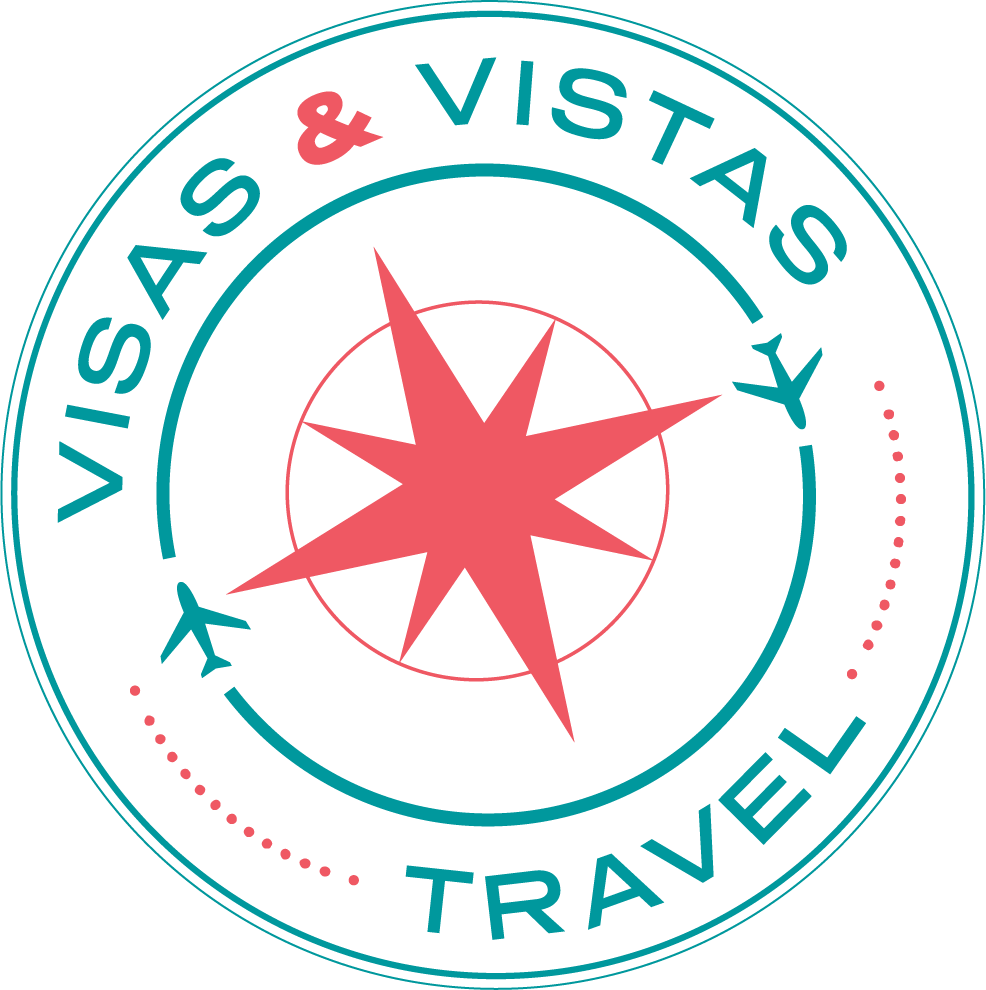Best ways to deal with jet lag
Jet lag occurs when your body's internal clock is disrupted due to rapid travel across multiple time zones. It can result in symptoms such as fatigue, insomnia, irritability, and difficulty concentrating. While it's challenging to completely avoid jet lag, there are several strategies to minimize its impact!
Adjust your schedule before departure:
Gradually shift your sleeping and eating schedule to align with the destination's time zone a few days before you leave.
Stay hydrated:
Drink plenty of water before, during, and after your flight to stay hydrated.
Avoid excessive alcohol and caffeine, as they can contribute to dehydration.
Get sunlight exposure:
Spend time outdoors in natural sunlight upon arrival. Sunlight helps regulate your body's internal clock and can help reset your circadian rhythms.
Nap strategically:
Take short naps to combat fatigue, but avoid long naps that can interfere with nighttime sleep.
Aim for naps lasting 20-30 minutes.
Stay active:
Engage in light physical activity upon arrival. This can help reset your internal clock and improve alertness.
Avoid intense exercise close to bedtime.
Adjust to local time immediately:
As soon as you arrive, try to adjust your activities and meals to the local time zone. This helps your body adapt more quickly.
Stay awake until local bedtime:
Resisting the urge to sleep upon arrival until the local bedtime can help reset your circadian rhythms.
Remember that individual responses to jet lag vary, and what works for one person may not work as effectively for another. It may take a day or two for your body to fully adjust to the new time zone.







